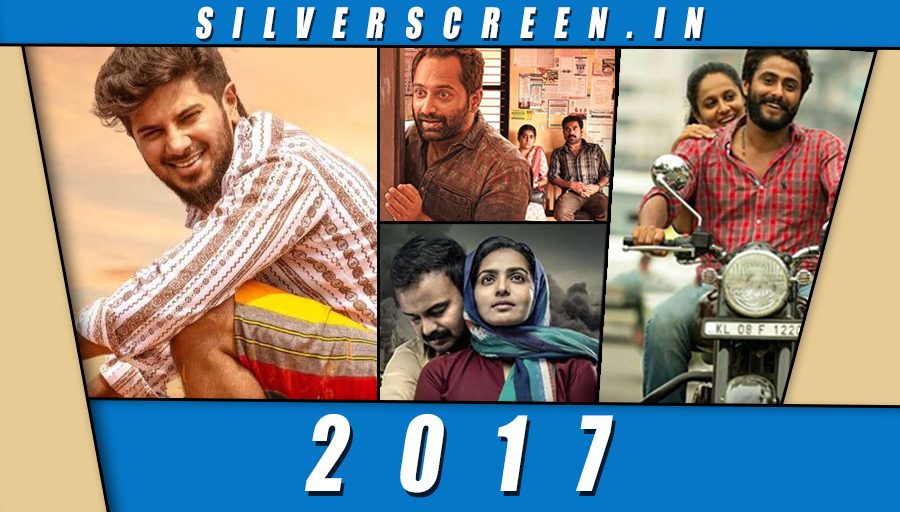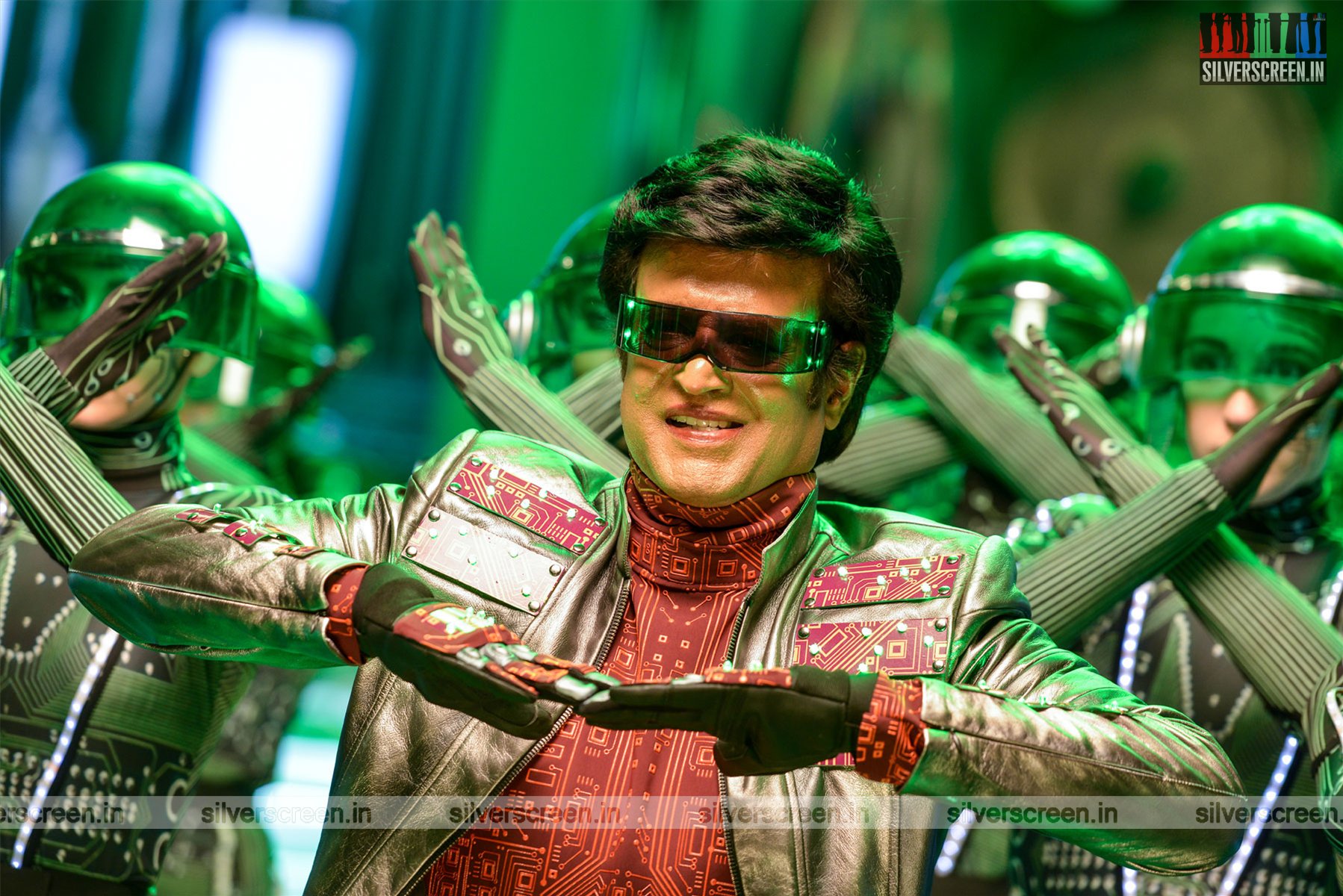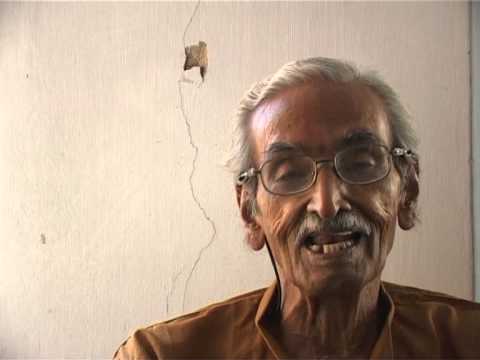Over 120 Malayalam films hit the screens in 2017. December has only begun, and a bunch of promising projects are waiting to be released in theatres this month. But, it is not too premature to celebrate the healthy list of excellent mainstream films that Malayalam cinema has produced this year. While Angamaly Diaries and Take Off brought laurels from film festivals across the world, a marvelously crafted Thondimuthalum Driksakshiyum proved that critical and commercial acclaim can go gracefully together. The year didn’t belong to the two male superstars, Mohanlal and Mammootty, who floundered with movies like Velipaadinte Pusthakam and Pullikkaaran Staara, but to the younger crop of stars, Dulquer Salmaan, Parvathy and Fahadh Fazil, and directors like Dileesh Pothan, Lijo Jose Pallissery and Soubin Shahir.
The year also saw some stellar acting debuts such as Anthony Varghese and Sarath, whose roles in Angamaly Diaries were two of the mightiest debut performances in Mollywood ever. Pranav Mohanlal joined Jeethu Joseph’s project in September, putting end to speculations around his acting debut. Meanwhile, Abrid Shine’s Poomaram, which marks Kalidas Jayaram’s debut in Malayalam, is yet to be released, although a couple of songs from the film were released in December 2016 and early 2017, garnering a lot of acclaim and attention.
As years pass, the new age wave in Malayalam cinema is attaining greater clarity. The young filmmakers, who are well familiar with films from across the world, are not looking up to resident masters for inspiration. The technical departments of our films have become fancier, if not more intelligent. Raw and realistic is the new cool, and song-and-dance sequence have become the rarest of the rare. Films like Parava and Angamaly Diaries are fantastic works that document a place and a community naturally, without losing out on the commercial aspects, but these films tell predominantly male stories where women are barely visible or significant. Barring Manju Warrier’s C/O Saira Banu and Parvathy’s Take Off , 2017 was a dismal year for the women in Malayalam cinema. But which year isn’t?
Here is our list of favourite mainstream Malayalam films of 2017:
Thondimuthalum Driksakshiyum
After Maheshinte Prathikaaram (2016), a brilliant film that won two National Awards, Dileesh Pothan hit gold again with Thondimuthalum Driksakshiyum, a social drama set in and around a police station in rural Kasargod. Through the tale of a newly wed couple, Prasad (Suraj Venjaramood) and Sreeja (Nimisha), and a nameless petty thief who steals their only asset, a gold chain, Thondimuthalum Driksakshiyum delineated how law enforcement works in the lower rung of the society.
The film, written by Sajeev Pazhoor and Shyam Pushkaran (additional dialogues), has exceptional performances by its three lead actors. It is humorous, just like how even a miserable life, when seen from a distance, seems like a joke. Rajeev Ravi’s camera work, which is sharp and calculated, efficiently backs the film.
Angamaly Diaries
A small town in central Kerala, and its thriving pork business become the central point in Lijo Jose Pallissery’s Angamaly Diaries. It follows Vincent Pepe (Anthony Varghese) and his bunch of friends and rivals in the town where chaos is the order of life. The actor, most of them unseasoned first-timers, are excellent, and the cinematography by Gireesh Gangadharan is vibrant, seamlessly capturing the spirit of the town and its people.
If Lijo’s previous blockbuster Amen was a pastoral romantic drama, there is a generous splash of gore in Angamaly Diaries. The men are violent, and not even faith or women can rein them in. While Angamaly Diaries might remind one of Kammattipadam, for both films are samples of a low-key ethnological study that unfold in a male territory, the former is a much more fun watch than the latter. While Kammattipadam ends as a eulogy to the people who live and die on the margins of the society, Angamaly Diaries is an unapologetic celebration of male adrenaline.
Parava
Actor Soubin Shahir’s directorial debut is a stellar feat, a heartwarming coming-of-age story set in old Kochi’s Mattanchery. The performance of the two teenagers who play the protagonists are fantastic. So organic and spunky that even Dulquer Salmaan who comes in a cameo, fails to match up to them. The life in Mattanchery, the kids’ relationship with the adults around them, and the indigenous pigeon-flying competition that the youngsters in the area celebrate form the pivotal elements of the film. Cinematographer Littil captures life in Old Kochi’s crammed streets in exotic frames, further beautified by Praveen Prabhakar’s editing.
Although smartly made and thoroughly entertaining, the film turns weak in its second half, treading the familiar, hackneyed route. It should also be noted that Parava, in spite of being technically smart, fails to be progressive in its content. It normalises preteen marriage, and gives little screenspace for women.
Take Off
Take Off, directed by Mahesh Narayanan, is based on the real life incident of the escape of 46 nurses working in Iraq’s Tikrit when ISIS men captured the city. Parvathy and Kunchakko Boban play a married couple who are working as nurses in a hospital in Tikrit, and Fahadh Fazil appears in the latter half of the film as an Indian diplomat responsible for carrying out the rescue operation. The actors were lauded for their exemplary performance, and Parvathy bagged the Best Actress Award at the IFFI, becoming the first Malayali actor to win the honour. What makes Take Off exceptional is its plot that is steeped in humanism. It doesn’t limit the tale of the nurses to the incidents of kidnap and the final rescue operation, but looks deep into the personal baggage each of them carry, portraying the subtle and loud transformations that happen in personal relationships when a war breaks out. The film’s production design is great; the sets of war-torn Iraq and refugee camps look convincing.
Ramante Eden Thottam
The best thing about this Ranjith Shankar movie is that it barely resembles a Ranjith Shankar film. The filmmaker, who is known for his unhealthy penchant for injecting a social message into every ordinary tale, is much restrained here. Ramante Eden Thottam, is an unlikely tale of romance between a married woman and a widower. Kunchakko Boban and Anu Sithara play the lead roles gracefully, and Madhu Neelakantan’s cinematography and Bijibal’s music add to the film’s romantic quality.
Ramante Eden Thottam makes a conscious effort to break away from the traditional tropes of romance and marriage. The feminism that it tries to wear might look cosmetic, yet it is not entirely dismissable. The woman, who is regularly cheated on, stands up for herself, falls in love with a man who values her individuality, and dares to walk out of her failed marriage when she is asked to choose a road.
C/O Saira Banu
Recommended
Manju Warrier is in her best elements in this drama, directed by debutant director Anthony Sony and co-written by Bipin Chandran and RJ-turned-writer Shaan. The film, a moving tale of a postwoman and her foster son (Shane Nigam), isn’t outstanding cinema, but it deserves a pat on its back for its restrained writing that doesn’t succumb to the usual trappings of a potboiler. Manju’s Saira Banu is funny, a quality mainstream films rarely endow its female protagonists with. For Shane Nigam, C/O Saira Banu is a respite from the brooding youth roles he has been doing a lot. The actor, son of late mimicry artiste Aby, is by far the best young actor we have in Mollywood at the moment.
Adventures Of Omanakkuttan
This film, directed by Rohith VS and starring Asif Ali and Bhavana, is the only black horse in Mollywood this year. An unconventional tale of a young man who loses his identity and memory, it has its share of shortcomings, but in hindsight, is a cleverly made film. It took two years for Rohith and his crew, all young debutants in the field, to make this film that hit roadblocks several times due to budget shortage and other reasons. Adventures Of Omanakkuttan’s female protagonist is the closest sketch of an urban millennial. The screenplay attempts to be less dependent on dialogues, thus breaking away from traditional Indian cinema.
*****



